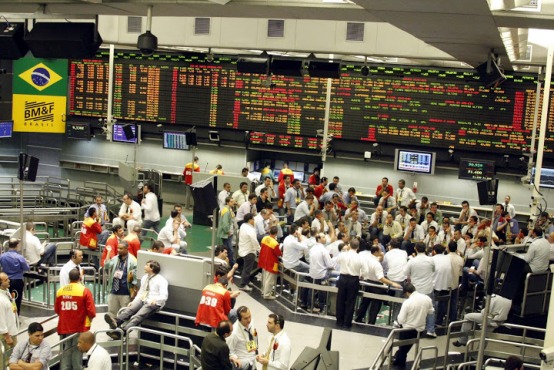What type of bonds is best for traders in the UK?
When beginning to trade in financial markets, there are many aspects that prospective traders have to take into consideration. One of these is which type of assets are available, and another is the costs associated with using them.
The different types of assets can offer their users great returns, but they also bring varying levels of risk. When beginning to trade in financial markets, there are many aspects that prospective traders have to take into consideration. One of these is which type of assets are available, and another is the costs associated with using them. The different types of assets can offer their users great returns, but they also bring varying levels of risk.
Eurozone Bonds for UK traders
One type of security that falls under the category ‘bond’ is European or Eurozone bonds.
These are debt securities that the government has created in a country within the European Monetary Union, and anyone can buy them from any other member country. Traders from around the globe can buy these debt instruments. Some of their advantages include:
A fixed return on investment
These bonds give you a guaranteed amount of interest to be paid out later.
Zero inflation risk
The rate used for this calculation is prepared using past rates rather than anything projected into the future. This calculation is usually made annually or semi-annually.
Trading flexibility
You can go short or long with your position depending on your opinion regarding whether prices will increase or decrease.
No credit risk
Each bond that a eurozone government issues has the backing of the whole country, so there is no probability that you will not be repaid.
Who are they for?
These bonds are ideal for traders who have the option to buy them in large quantities and who wish to hold onto their positions for long periods. The interest rates can vary depending on how particular market conditions are met.
If the ECB sees inflation go up too much, it may be forced to increase rates to combat this problem. This would make traders holding short positions lose money very quickly due to the rate hike.
However, if inflation stays low, then these bonds offer an excellent opportunity. Traders should also look at the different denominations available to them, as they may vary depending on where they are buying.
You can either buy these bonds in Euros or US dollars, so if you are trading one of those currencies, then it is recommended that you check beforehand which denomination is most favourable for your needs.
Risks
Even though these bonds offer many advantages, they also have some risks associated with them. These include:
Interest rate risk
Since the interest rates on these bonds are fixed, there isn’t any room for manoeuvrability if something unexpected happens to the European economy. Suppose inflation rises unexpectedly due to high levels of economic activity. In that case, traders holding long positions may lose money even though this would be good news for the Eurozone as a whole.
Foreign currency risk
Obviously, if you are trading in the US dollar, your purchase of these bonds will occur in that currency. If you wish to trade in Euros instead, this means that there will be an extra cost involved due to the differences in demand between different currencies.
Since many traders already hold Euros or Dollars and need to buy other assets, they will likely sell their holdings of these two common currencies before buying anything else. As a result, you should expect them to lose value compared to the other options you have for trading funds.
In conclusion
Even though these eurozone bonds have some disadvantages for traders who want flexibility when participating in currency markets, they also have many advantages that traders should not ignore. In cases where inflation stays within reasonable boundaries and the economy doesn’t experience any significant upheavals, these bonds can offer an excellent chance for traders to make money from their investments. Click here to find excellent online resources about bonds for UK traders.


Comments are closed.